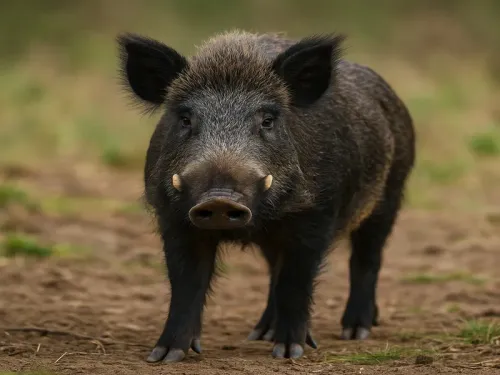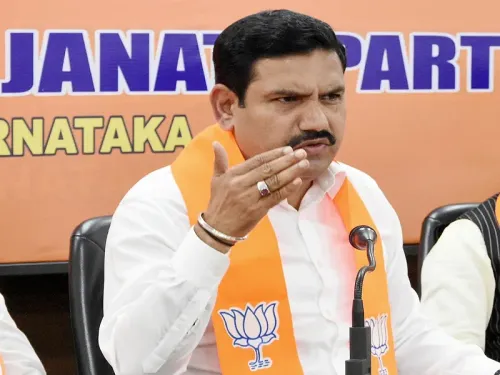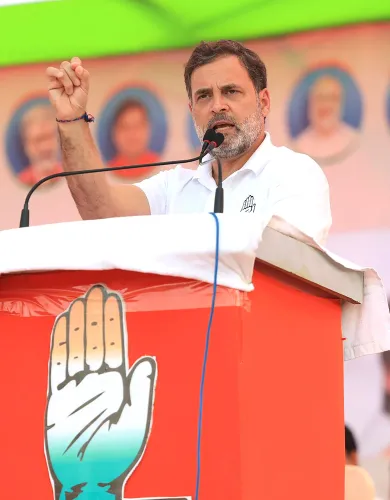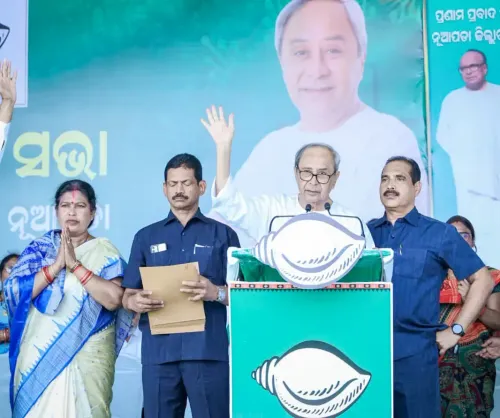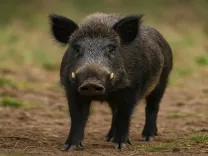What Did the Kerala HC Order Regarding Class 11 Admissions for Juveniles in the Shahabas Murder Case?
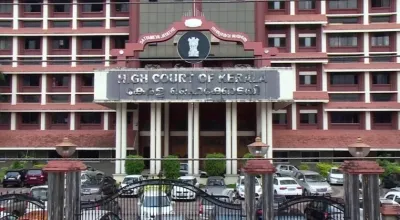
Synopsis
Key Takeaways
- The Kerala High Court's ruling emphasizes the right to education.
- Juveniles are entitled to education despite serious allegations.
- State intervention was crucial for the release of examination results.
- Legal proceedings continue while ensuring educational opportunities.
- The case highlights the importance of addressing juvenile justice appropriately.
Kochi, June 4 (NationPress) The Kerala High Court has instructed the Superintendent of the Observation Home in Kozhikode to facilitate the admission of five juveniles charged in the Shahabas murder case into different educational institutions.
The Station House Officer from Thamarassery has also been ordered to ensure adequate protection and support for the petitioners and the Superintendent of the Observation Home.
A bench led by Justice Bechu Kurien Thomas issued the directive to allow the five accused to enter Class 11 at their designated schools.
The application noted that the juveniles were assigned to three separate schools for their Class 11 education.
"After considering the arguments from the petitioners' counsel, the Public Prosecutor, and the counsel for the de facto complainant, this court believes that the educational opportunities for the petitioners should not be limited, particularly as their bail application is currently under review and awaiting judgment. Therefore, the petitioners have been granted temporary liberty until June 5, 2025, to secure admission at their respective schools. The authorities at the Observation Home, Kozhikode, are required to arrange for the petitioners to either participate online during the admission process or be physically present at their designated schools," stated the court.
In the meantime, the decision regarding their bail applications has been postponed.
Last month, the High Court intervened on behalf of the juveniles implicated in the murder of a minor student in Kozhikode after the state government withheld their examination results.
Thanks to the court's intervention, state Education Minister V. Sivankutty disclosed their Class 10 results, confirming that all had successfully passed and were eligible for further studies.
Shahabas, a student from MJ Higher Secondary School in Thamarassery, succumbed to severe injuries sustained during a confrontation between students from his school and Thamarassery GVHSS, which originated from a dispute at a farewell event at a tuition center in late February.
Despite teacher interventions through a series of WhatsApp messages, tensions escalated, culminating in a violent clash near the tuition center.
Shahabas sustained critical head injuries that ultimately led to his death.
Authorities charged five individuals with murder, stating they used various weapons, including a truncheon and nunchaku, during the assault on Shahabas.
Although Shahabas was not a student at the tuition center, he was called to the scene while running an errand.
After the assault, a friend took him home, and his family, initially unaware of the attack, suspected drug use when they found him in a weakened state.
Upon discovering the truth, they rushed him to Thamarassery Taluk Hospital and later transferred him to Kozhikode Government Medical College and Hospital, where he unfortunately passed away.
The five accused face charges of murder, wrongful restraint, unlawful assembly, and inflicting serious injuries. All five have been in judicial custody and managed to take their examinations while in custody.

